Vadodara is a city filled with young energy. Schools, playgrounds, and cultural programs keep children active and involved. But for a child with limb loss, keeping pace with friends in school or play can feel overwhelming. Parents often wonder how to find the right prosthetic care and how to ensure their child is supported not only at home but also in classrooms.
In Vadodara, prosthetic clinics are stepping up to this challenge. Pediatric specialists are focusing on children’s unique needs, while schools are learning to coordinate with families and clinics to provide better support. This partnership is giving children the chance to study, play, and grow with confidence.
Vadodara Prosthetics: Pediatric Specialists and School Coordination
Why Children Need Different Prosthetic Care
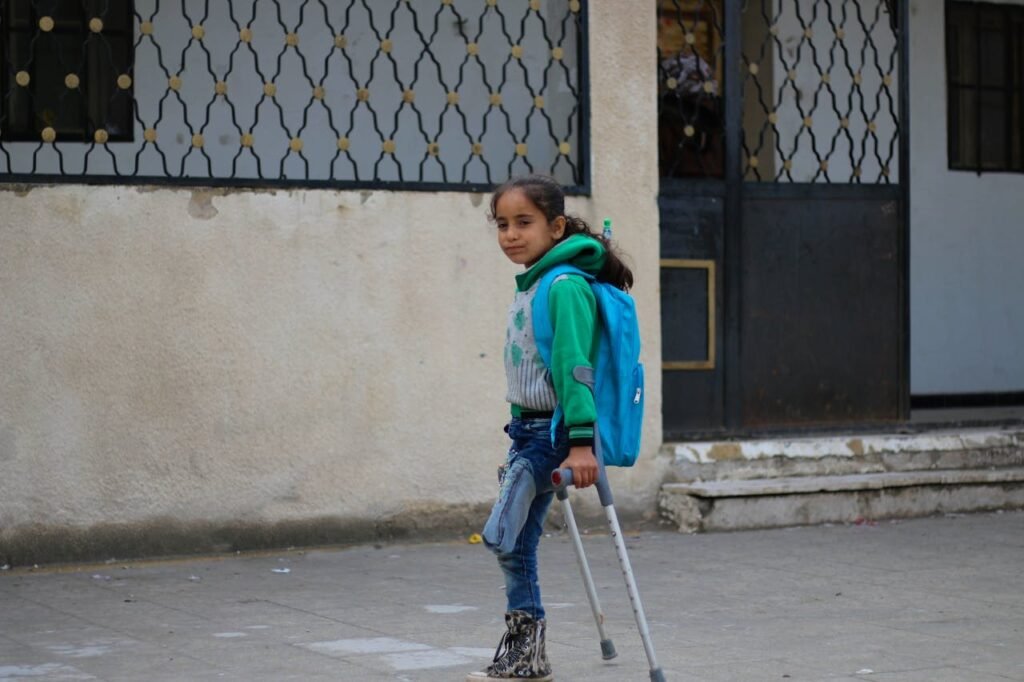
Children are not just smaller adults. Their bodies grow quickly, their bones change shape, and their activity levels are different. A prosthetic that works for an adult will not always suit a child.
In Vadodara, pediatric prosthetic specialists understand these unique needs. They design devices that grow with the child, allow flexibility in play, and can be adjusted regularly to match physical development.
Focus on Growth and Adaptability
The biggest challenge in pediatric care is growth. A prosthetic fitted today may need adjustments within months as the child grows taller and gains strength. Specialists in Vadodara plan for this by using modular parts that can be replaced or resized without needing a whole new device.
This adaptability ensures that children are not left behind in school or play due to frequent growth changes.
Balancing Function and Play
For children, prosthetics are not just about walking or writing. They are about running in playgrounds, climbing stairs, and participating in sports days. Pediatric specialists design devices that are durable and safe for active use.
This balance between function and play is essential in giving children a sense of normalcy and confidence among peers.
How Pediatric Specialists Work in Vadodara
Initial Assessments
The first step for any child is an assessment. Pediatric specialists spend time understanding the child’s medical condition, age, and daily routine. Parents are asked about school activities, hobbies, and goals for the child.
This holistic approach ensures that the prosthetic matches not just medical needs but also the child’s lifestyle.
Family Involvement
Parents are deeply involved in every stage of the process. Specialists in Vadodara explain each step in simple terms, ensuring families feel supported. They also train parents in basic care—cleaning the prosthetic, checking for skin irritation, and encouraging regular use.
When families feel confident, children are more likely to use their prosthetics successfully.
Regular Adjustments
Because children grow so fast, follow-up appointments are scheduled more frequently than for adults. Pediatric clinics in Vadodara usually recommend checkups every three to six months.
During these visits, sockets may be resized, straps adjusted, or liners replaced. These small but frequent changes make a huge difference in comfort and usability.
Emotional Support for Children
Building Confidence
Children with prosthetics may sometimes feel different from their classmates. Pediatric specialists understand this and work on building confidence. They encourage children to see prosthetics as tools for empowerment, not limitations.
By involving children in choosing colors or designs, specialists make the devices feel more personal and fun.
Peer Acceptance
A child’s confidence also depends on how peers react. Clinics often guide families on how to talk to teachers and classmates about prosthetics in a positive way. When explained well, classmates usually become supportive rather than curious or critical.
This early acceptance helps children feel included in school life.
Encouraging Independence
Specialists encourage children to practice independence early. From walking short distances alone to handling classroom activities, small achievements build a strong sense of self-reliance.
Parents are taught to provide encouragement without being overprotective, striking a healthy balance.
Case Studies from Vadodara
A Schoolboy’s Journey
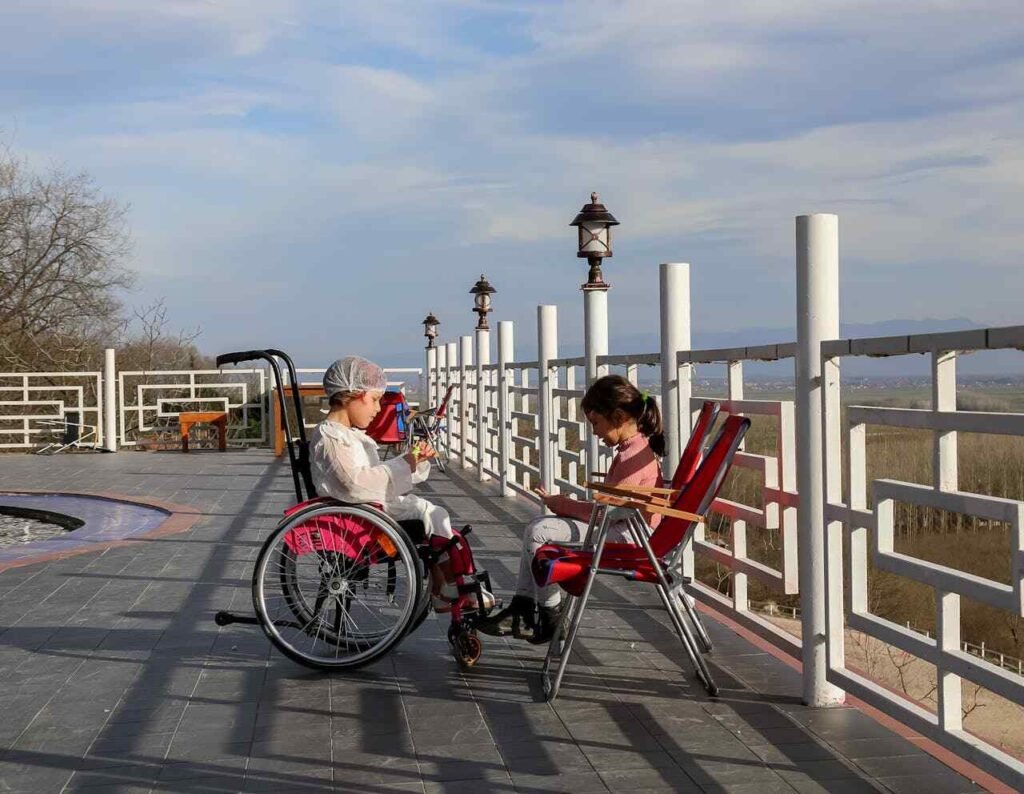
Amit, a 9-year-old from Vadodara, lost his leg due to a medical condition. His parents worried he would never run again. With help from a pediatric clinic, he received a lightweight prosthetic designed for active children.
Within months, he was back to playing cricket with friends. His teachers noticed a huge improvement in his confidence and participation in class.
A Girl with a Passion for Art
Meera, a 12-year-old student, lost her hand in an accident. She loved painting but feared she would never hold a brush again. A pediatric specialist fitted her with a prosthetic hand that supported gripping.
With practice, she learned new techniques and even won a school art competition. Her story inspired her classmates and gave her new determination.
A Toddler’s First Steps
Rohit, a 3-year-old, was born without part of his leg. His parents brought him to a pediatric clinic in Vadodara, where he received his first prosthetic. The specialists designed a device that was light, safe, and easy for a toddler to use.
The joy on his parents’ faces when he took his first steps was unforgettable. It showed how early interventions can change a child’s entire future.
Why Vadodara is Emerging as a Hub for Pediatric Prosthetics
Skilled Specialists
Vadodara has a growing number of prosthetic specialists trained specifically for pediatric care. Their expertise ensures that children receive not just medical devices but holistic support tailored to their age and growth.
Collaboration with Schools
Many clinics in Vadodara now work directly with schools. This coordination ensures that teachers understand how to support children with prosthetics, from classroom seating to participation in sports.
This teamwork between clinics and schools is making Vadodara a model for pediatric prosthetic care in India.
Growing Awareness Among Parents
Awareness campaigns in Vadodara are helping parents learn about affordable options, EMIs, and insurance coverage for prosthetics. More families are now coming forward to seek help early, ensuring that children do not lose precious years of development.
School Coordination in Vadodara
Why Schools Matter in Prosthetic Care
For a child, school is more than just a place to learn. It is where friendships are built, skills are developed, and confidence takes shape. For children with prosthetics, school is also the testing ground where their abilities are recognized and accepted.
If schools are supportive, children thrive. If schools are unsure or unprepared, children may feel left out. This is why coordination between prosthetic clinics and schools in Vadodara is so important.
The First Step: Awareness
Teachers and principals are often the first people outside the family to influence a child’s daily life. Clinics in Vadodara work to spread awareness among educators. They explain how prosthetics function, what limitations children may face, and how schools can provide simple adjustments.
This awareness helps teachers respond with understanding rather than hesitation. It also reduces stigma, ensuring children are treated equally in classrooms.
How Clinics Work with Schools
Teacher Training Sessions
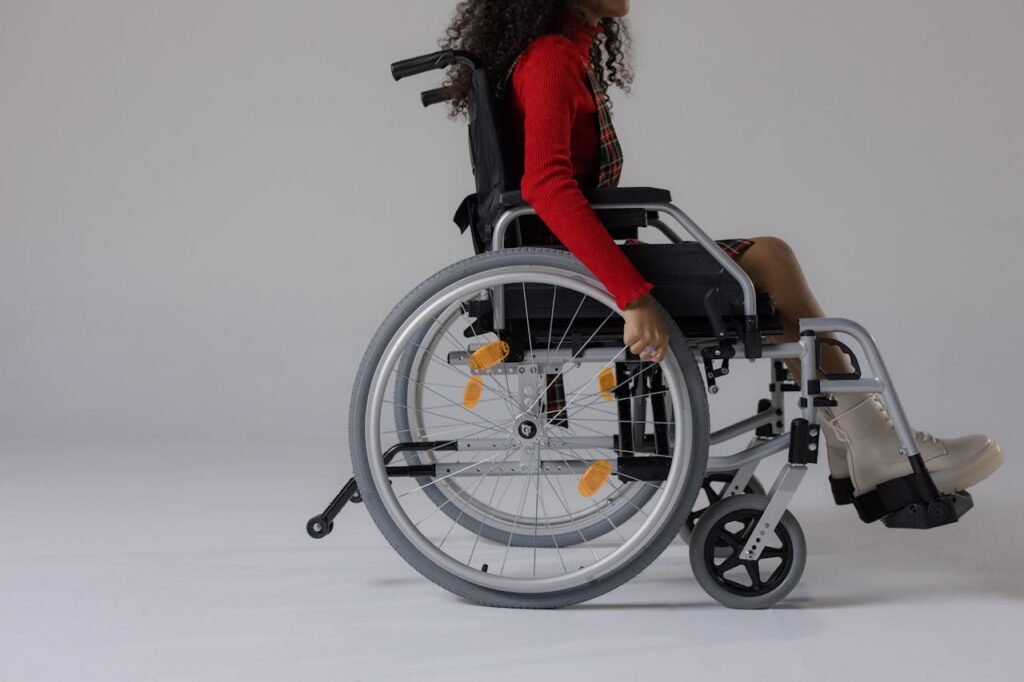
Many prosthetic clinics in Vadodara now organize teacher training sessions. These sessions are simple and practical. Teachers learn how to support children during physical activities, how to watch for signs of discomfort, and how to encourage independence.
They are also taught how to answer classmates’ questions in positive ways, preventing bullying or teasing. Such training helps schools become safe, inclusive spaces.
Classroom Adjustments
Sometimes small changes in the classroom make a big difference. Adjusting seating arrangements, providing slightly more space for movement, or allowing flexible timing for certain activities can reduce stress for children with prosthetics.
Clinics guide teachers on these adjustments, ensuring the child does not feel singled out but naturally included.
Sports and Physical Education
Sports days and physical education classes are often a concern for parents. Clinics work with schools to design safe participation plans. For example, a child with a leg prosthetic may join running events at shorter distances or switch to sports like badminton, which put less strain.
The goal is not to exclude but to adapt. With the right guidance, children stay active and confident in sports.
Parents, Teachers, and Clinics as a Team
Building Trust
When parents, teachers, and prosthetic specialists communicate openly, trust builds quickly. Parents feel reassured that their child is supported in school. Teachers feel confident in managing classroom needs. Clinics feel connected to the child’s real-world challenges.
This teamwork ensures that the child does not face gaps between home, school, and medical care.
Regular Communication
Many schools in Vadodara now keep regular communication with clinics. If a child faces discomfort or limitations during school hours, teachers inform parents, who then update the clinic. This loop ensures quick solutions instead of waiting for the next scheduled appointment.
Such coordination keeps children comfortable and reduces interruptions in learning.
Celebrating Achievements
Schools also play a role in celebrating the achievements of children with prosthetics. Whether it is completing a long walk, winning a game, or excelling in art, schools highlight these moments. This recognition boosts confidence and shows classmates that prosthetics are not barriers.
Real-Life Stories from Vadodara Schools
A Classroom’s Support
Ravi, an 11-year-old with a prosthetic leg, was nervous about attending school again after his surgery. His teachers, guided by a local prosthetic clinic, explained to his classmates how his device worked.
Instead of teasing him, his friends became protective and supportive. They even cheered him on during sports practice. Ravi’s fear turned into pride because of the way his school responded.
A Teacher’s Role
Nisha, a 7-year-old girl with a prosthetic hand, struggled to keep pace in writing. Her teacher arranged extra time during exams and encouraged her to try typing on a computer. With guidance from a clinic, the school created a blended learning approach that worked for her.
Her performance improved, and she became one of the most confident students in her class.
A School’s Initiative
One school in Vadodara invited a prosthetic clinic to hold an awareness camp for all students. Children were shown how prosthetics work, and they even interacted with users who shared their experiences.
This initiative not only reduced stigma but also inspired several students to pursue careers in healthcare. It showed the power of schools in shaping social attitudes.
Why Vadodara is Leading in School Coordination
Growing Awareness Among Educators
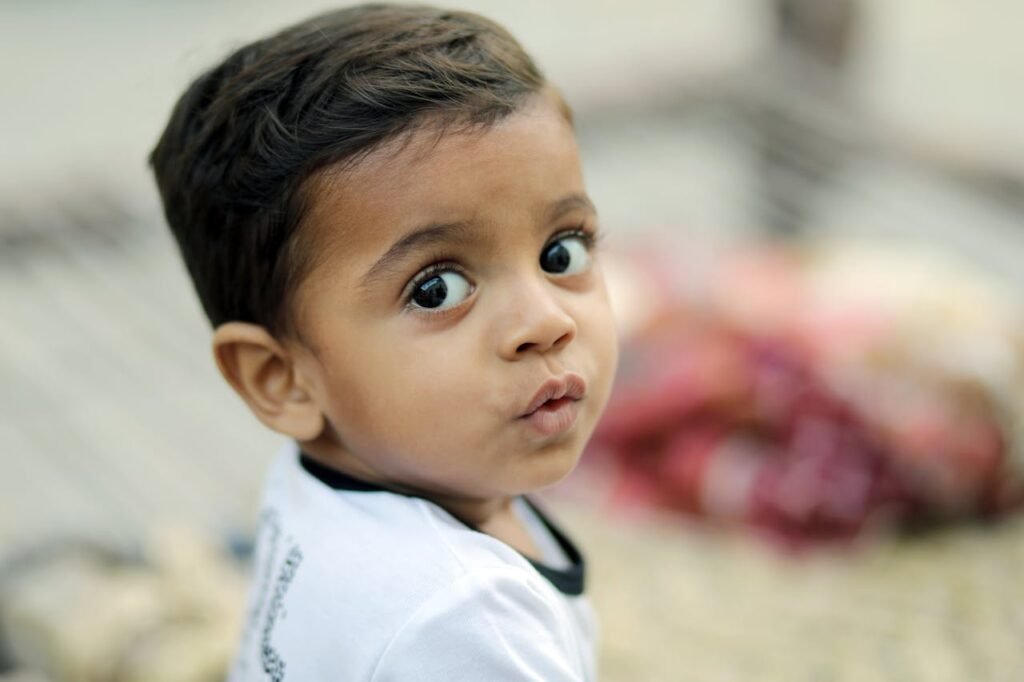
Vadodara’s schools are becoming more aware of inclusivity. Workshops, seminars, and parent-teacher meetings often include discussions about prosthetics and special needs.
This awareness makes schools proactive rather than reactive. Instead of waiting for problems, they prepare to welcome children with different needs.
Clinic-School Partnerships
Some prosthetic clinics in Vadodara now have formal partnerships with schools. They provide regular check-ins, teacher training, and quick referrals when needed. These partnerships are helping create a structured model of support that other cities can learn from.
Community Support
Vadodara has a strong sense of community. Parents, schools, and local organizations often work together for social causes. This culture of cooperation is extending into prosthetic care, making it easier for families to find acceptance and resources.
Long-Term Success Through Pediatric Prosthetics and School Coordination
Why Early Support Matters
When prosthetic care starts early, and schools play an active role, children build confidence faster. They do not spend years feeling different or left out. Instead, they grow up with the mindset that their prosthetic is just another part of who they are.
Vadodara’s pediatric clinics and schools are working together to provide this foundation. The result is children who are more confident, independent, and ready to pursue their dreams.
Building Emotional Strength
Children with prosthetics often face emotional challenges—curiosity from peers, fear of being excluded, or frustration with their device. When schools and clinics coordinate, these challenges are reduced.
Teachers explain prosthetics positively. Parents reinforce encouragement at home. Clinics provide emotional counseling alongside fittings. Together, this network builds resilience in children.
Independence in Daily Life
Small steps lead to big changes. A child who can walk confidently in the playground is more likely to join group activities. A student who learns to write or type with a prosthetic hand is more likely to enjoy studies.
This independence in school years prepares children for adulthood, where they will need to handle college, work, and personal life without constant help.
Preparing for Careers and the Future
Academic Performance
With the right prosthetic and school support, children can perform well academically. Extra time in exams, access to digital tools, and supportive teachers make sure they are not left behind.
Vadodara’s schools are showing that with inclusivity, academic excellence is possible for every child, regardless of physical challenges.
Career Readiness
As children grow older, prosthetic care and school coordination prepare them for careers. Clinics guide them in handling advanced prosthetics suited for professional tasks. Schools help them develop confidence in presenting themselves.
This combined preparation ensures that prosthetic users in Vadodara are not just employable but competitive in the job market.
Dreams Beyond Barriers
Perhaps the biggest impact is on children’s dreams. Without support, children may limit their goals. With strong care systems, they believe in possibilities. Doctors, engineers, teachers, artists—prosthetic users in Vadodara are beginning to aim high, knowing their city supports them.
Family, School, and Clinic as a Circle of Support
Shared Responsibility
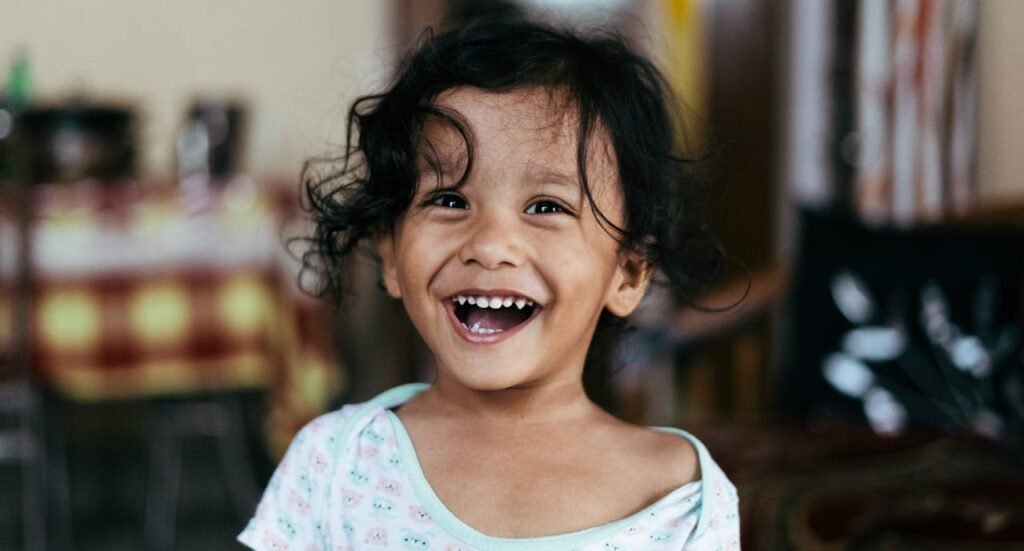
No single group can handle prosthetic care alone. Families provide daily love and encouragement. Schools ensure inclusion and opportunities. Clinics offer medical expertise and technical support.
When these three work together, the child’s journey is smooth. Each group reinforces the other, creating a circle of care that surrounds the child.
Communication as the Key
Regular communication keeps this circle strong. Families update schools about the child’s prosthetic needs. Schools share feedback about classroom participation. Clinics adjust fittings and provide solutions.
This communication reduces misunderstandings and ensures the child always receives consistent support.
Celebrating Together
Milestones like a child’s first sports day participation or academic award are celebrated by all three—family, school, and clinic. These celebrations show children that they are valued not just for achievements but for their courage and growth.
Vadodara as a Model City for Inclusive Prosthetic Care
A Growing Hub of Pediatric Specialists
Vadodara now has multiple pediatric prosthetic specialists who understand the unique needs of children. Their focus on growth, play, and emotional care sets a high standard.
Other cities in Gujarat and India are beginning to look at Vadodara’s model for inspiration.
Inclusive Education Practices
Schools in Vadodara are not only accepting prosthetic users but actively supporting them. From awareness programs to classroom adjustments, schools are leading the way in inclusive education.
This proactive approach makes Vadodara a role model in balancing education with healthcare.
Strong Community Values
Vadodara’s community-driven culture adds strength to its prosthetic care model. Parents share information with each other. NGOs support awareness drives. Clinics collaborate with schools.
This collective effort ensures that prosthetic care is not isolated but part of the city’s social fabric.
Real-Life Stories of Pediatric Prosthetics in Vadodara
A Young Cricket Player
Harsh, a 10-year-old boy in Vadodara, dreamed of becoming a cricketer. After losing his leg in an accident, he thought his dream was over. His parents took him to a pediatric prosthetic clinic, where specialists fitted him with a lightweight sports prosthetic.
With guidance from his teachers and encouragement from classmates, Harsh was soon back on the field. Today, he plays in his school team and is known for his determination. His story shows how the right care and school coordination can restore not just mobility but also ambition.
A Girl Who Loved Dancing
Ritika, a 12-year-old girl, loved classical dance. After a medical condition led to an amputation, she worried she would never dance again. Her school, however, partnered with her prosthetic clinic to create a training plan. Teachers gave her flexible schedules, and her prosthetist provided regular adjustments.
With patience and persistence, Ritika returned to stage performances. Her first dance recital after recovery was celebrated not just by her family but by her entire school community.
A Toddler’s Early Start
Arnav, a 4-year-old, was born with a congenital limb difference. His parents sought early help at a Vadodara pediatric clinic. With a carefully fitted prosthetic and guidance from therapists, he learned to walk confidently before starting preschool.
His teachers were trained on how to assist him without being overprotective. Today, Arnav participates in all school activities, proving that early intervention makes a lifelong difference.
Tactical Advice for Families
Choosing the Right Clinic
Families should look for clinics with pediatric specialists, as children’s needs differ from adults. Asking about growth-adjustable devices, regular follow-ups, and emotional support programs is essential.
Parents in Vadodara benefit from visiting two or three clinics before deciding. Comparing approaches ensures they find the best fit for their child’s unique needs.
Partnering with Schools
Parents should involve schools from the beginning. Sharing medical updates, explaining prosthetic adjustments, and asking for simple classroom changes build trust. Teachers appreciate being included and are more likely to provide strong support.
Open communication prevents misunderstandings and ensures that the child feels equally supported at home and school.
Encouraging Independence
It can be tempting to overprotect a child with prosthetics. Families should instead encourage independence step by step. Allowing the child to walk short distances, carry their schoolbag, or participate in group play builds confidence.
Small risks, when managed carefully, help children develop resilience and prepare for real-life challenges.
Tactical Advice for Schools
Creating Awareness Among Students
Schools can create awareness sessions where children learn about prosthetics in a positive way. This removes stigma and encourages classmates to be supportive rather than curious or judgmental.
Peer support is one of the strongest motivators for children with prosthetics.
Adjusting Learning Environments
Small changes—like seating near exits, allowing extra time in exams, or permitting computer use—can make a huge difference. Schools in Vadodara that adopt these practices see higher participation and confidence among prosthetic users.
These adjustments do not lower standards; they simply provide equal opportunities.
Encouraging Participation
Schools should encourage prosthetic users to join sports, cultural events, and competitions. Even if adaptations are needed, participation builds self-esteem and reduces feelings of exclusion.
Vadodara schools that celebrate achievements, whether academic or extracurricular, create role models for other children.
How Vadodara is Changing Lives
Building Confidence in Families
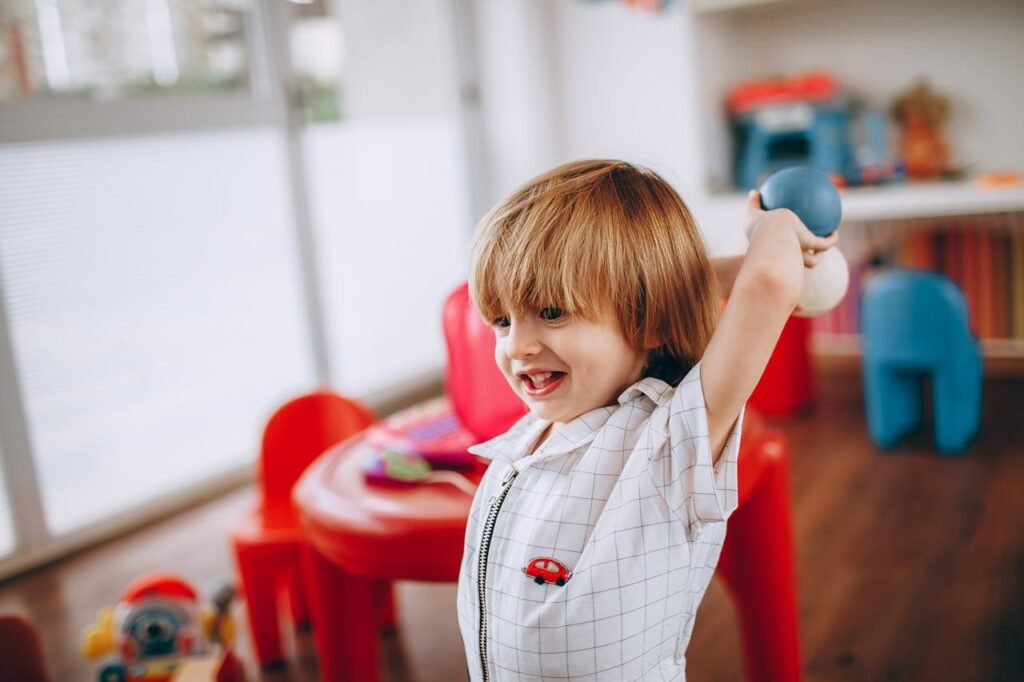
Parents who once feared their child’s future are now hopeful. Clinics and schools in Vadodara show them that prosthetics are not obstacles but opportunities. Families are learning that with the right support, children can dream big.
Inspiring Other Cities
Vadodara’s model of pediatric specialists and school coordination is inspiring other cities in Gujarat and India. Professionals from outside often visit the city to learn how schools and clinics are working hand-in-hand.
This influence may lead to more inclusive education models across the country.
Shaping a Generation
Children with prosthetics in Vadodara are growing up confident, independent, and ready to lead full lives. They are becoming role models for others with limb differences, proving that limitations can be overcome with care, teamwork, and determination.
Conclusion
Vadodara is showing India how pediatric prosthetic care and school coordination can transform lives. Pediatric specialists provide growth-friendly, play-ready devices that adapt to children’s needs. Schools create inclusive spaces where children are supported, encouraged, and celebrated. Families partner in this journey, reinforcing confidence at every step.
The result is not just children who walk, write, or play again—it is children who believe in themselves. Real-life stories of young athletes, dancers, and students prove that prosthetics are not the end of dreams but the start of new possibilities.
By working together, Vadodara’s families, schools, and clinics are building a future where no child feels left behind. This city has become more than a hub for prosthetics—it has become a symbol of hope, inclusion, and resilience.
For parents in Vadodara and beyond, the message is clear: with the right care and coordination, children with prosthetics can not only keep up with life but run ahead of it—with confidence, courage, and pride.



